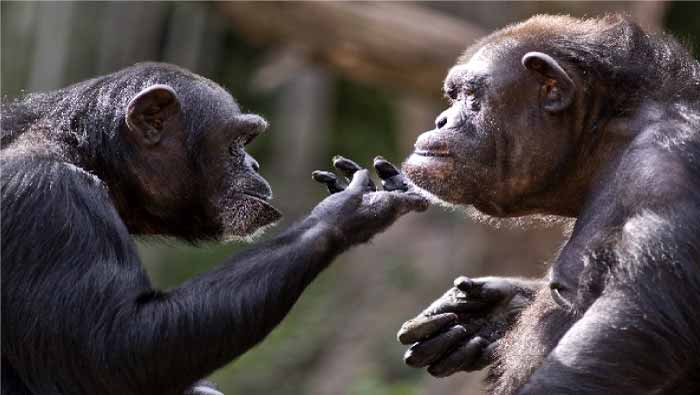Animal behavior and its importance in ecology.
Animal behavior is the set of actions and reactions carried out by animals in response to stimuli from the environment and other animals. The study of animal behavior is essential in ecology, as it allows us to understand how animals interact with each other and with their environment, and how these interactions affect the structure and functioning of ecosystems.
The importance of animal behavior in ecology lies in the fact that it affects the survival and reproductive success of individuals, as well as the dynamics of populations and the distribution and abundance of species in ecosystems. Behaviour can influence mate selection, competition for resources, predation, migration, dispersal and territoriality, among other aspects.
In addition, animal behaviour can also have implications for biodiversity conservation and natural resource management. For example, understanding species migration patterns can help design habitat conservation strategies and prevent population fragmentation. Knowledge of species interactions can also be useful for preventing the introduction of invasive species and for managing predator and prey populations.
Animal behavior is fundamental to understanding the ecology of ecosystems and for the conservation of biodiversity. The study of animal behavior allows us to understand how animals interact with each other and with their environment, which allows us to design effective strategies for the management and conservation of natural resources.
Survival
It refers to an organism’s ability to stay alive in a given environment. It is a fundamental concept in biology, since all living organisms need to survive in order to reproduce and transmit their characteristics to the next generation.
An organism’s survival depends on several factors, such as the availability of water, food, and shelter, as well as the organism’s ability to ward off disease, predators, and other dangers. Organisms have evolved specific adaptations to increase their survivability in their environment, such as the ability to store water in arid climates, the ability to camouflage themselves to avoid detection by predators, and the ability to hibernate during the winter months.
It is also important at the population and species level, as a low survival rate can negatively affect population stability and species diversity. The survival of a species can be compromised by factors such as habitat loss, the introduction of invasive species, pollution and climate change. Therefore, biodiversity conservation focuses heavily on protecting species and their habitats to ensure their long-term survival.
Reproductive success
Reproductive success refers to an organism’s ability to produce viable, fertile offspring. It is an important concept in evolutionary biology, as organisms that are more reproductively successful have a higher chance of passing on their characteristics to the next generation and can therefore influence the evolution of a species.
It can be measured in a variety of ways, depending on the species and environmental conditions. Some common measures include the number of offspring produced, survival of offspring to adulthood, number of breeding pairs, success in competition for mate or territory, and ability to reproduce at an early age.
Reproductive success can be affected by several factors, such as resource availability, habitat quality, competition for breeding pairs, and the presence of predators. Organisms have developed different reproductive strategies to increase their reproductive success depending on environmental conditions. For example, some species breed in large numbers to increase the chances that at least some of their offspring will survive, while other species invest more time and resources in each offspring to ensure their survival.
It is a fundamental concept in evolutionary biology and refers to the ability of an organism to produce viable and fertile offspring. Reproductive success can be affected by various factors and species have developed different reproductive strategies to increase their success in different environments.
Implications for biodiversity conservation
Animal behaviour and reproductive success are fundamental to biodiversity conservation. A deeper understanding of animal behavior and the factors that influence the reproductive success of species can help conservation efforts in a variety of ways. Below are some of the most important implications of these concepts in biodiversity conservation:
Habitat conservation
Suitable habitats are essential for the behavior and reproductive success of many species. Conservation of suitable habitats, such as forests, wetlands and coral reefs, is key to ensuring the survival and reproductive success of many species.
Prevention of invasive species
Invasive species can compete with native species for resources and habitats, which can affect their behavior and reproductive success. Prevention and control of invasive species are crucial to protecting biodiversity.
Stock management
Managing populations of threatened or endangered species is an important part of biodiversity conservation. Knowledge of the behavior and reproductive success of these species can be useful for developing effective population management strategies.
Prevention of habitat fragmentation
Habitat fragmentation can adversely affect the reproductive behavior and success of many species by limiting their mobility and ability to find breeding mates. Preventing habitat fragmentation and restoring habitat corridors can help improve the reproductive success of many species.
In summary, animal behavior and reproductive success are important for biodiversity conservation. Understanding these concepts can help develop effective strategies for habitat conservation, invasive species prevention, population management, and prevention of habitat fragmentation.


